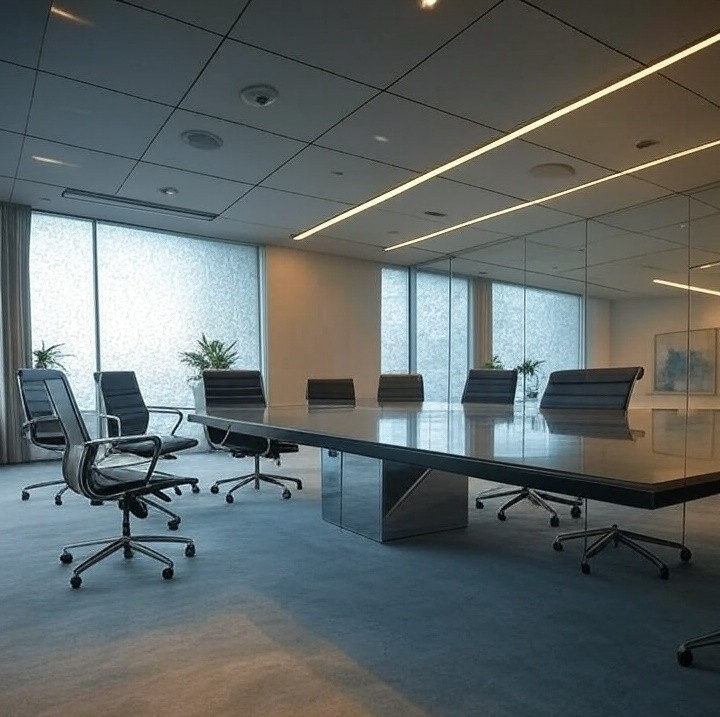
When planning a commercial refurbishment or interior upgrade, one of the most common questions clients ask is: “What does mirror cladding actually cost?”. Unlike off-the-shelf wall panels, mirror cladding is a bespoke installation, its cost varies depending on the material, the environment it’s being fitted in, and the level of detail required.
As contractors with vast experience in delivering mirror cladding projects in offices, hotels, retail spaces, gyms, and leisure venues across London and the Southeast, we’ve seen projects range from a few thousand pounds to six-figure investments. This guide explores price ranges, key cost drivers, and what businesses should budget for before starting a project.
Why Businesses Consider Mirror Cladding
Businesses choose mirror cladding for both practical and commercial reasons:
1. Space and light optimisation: In offices or hospitality venues, mirrored walls reduce the need for artificial lighting and visually expand compact layouts.
2. Brand perception: Hotels, retail showrooms, and leisure facilities often use cladding to create a polished, high-end look that influences how customers experience their brand.
3. Versatility: Cladding can be applied to walls, ceilings, columns, and reception desks, adapting to both modern and classical design schemes.
For a deeper breakdown of where mirror cladding delivers the best results, see our guide on Where to Use Mirror Cladding in Commercial Interiors.
Average Mirror Cladding Cost in the UK
Mirror cladding cost per m² in the UK typically falls within three main categories:
1. Glass Mirror Cladding: £150 per m²
It is premium, durable, suited to luxury hotels, corporate offices, and flagship retail spaces.
2. Acrylic Mirror Cladding: £120 – £250 per m²
It is lightweight, impact-resistant, and often used in gyms, studios, and busy hospitality venues.
3. Aluminium Composite Mirror Sheets: £180 per m²
It is fire-rated, weather-resistant, suitable for restaurants, conference centres, and large-scale projects.
But material cost is only the starting point. A small boutique hotel feature wall might cost £5,000, whereas a multi-floor leisure facility could exceed £50,000+ once labour, preparation, and safety compliance are factored in.
Mirror Cladding Cost Breakdown: Glass vs Acrylic
| Material | Price per m² | Strengths | Typical Use Cases |
| Glass | £150 | Premium look, high durability | Hotels, luxury offices, retail flagships |
| Acrylic | £120 – £250 | Lightweight, safer in impact zones | Gyms, dance studios, and budget-conscious projects |
| Aluminium Composite | £180 | Fire-rated, mid-cost option | Restaurants, conference facilities, mixed-use spaces |
Key Factors That Influence Cost
When budgeting for mirror cladding, several factors influence the final price of a project:
1. Material choice: Glass, acrylic, and aluminium composite mirrors all require different handling and fabrication, which directly affects pricing.
2. Installation method: Adhesive, mechanical, or combined fixing systems vary in complexity and labour requirements.
3. Wall preparation: Uneven or damp walls may need levelling, sealing, or reinforcement before cladding can be applied.
4. Customisation: Options like tinted, patterned, or oversized panels demand specialist manufacturing and precision installation.
5. Labour & location: Site access, project scale, and regional labour rates also influence final costs.
For more details on product variations, see Mirror Wall Panels vs. Mirror Cladding.
Hidden or Additional Costs to Watch For
Some of the most common hidden costs include:
1. Safety backing & fire compliance, especially for hotels and high-traffic venues.
2. Edge polishing and trims, which are essential for durability and aesthetics.
3. Transportation and delivery, particularly for oversized glass sheets.
4. Access equipment if installation takes place in tall atriums or multi-level lobbies.
5. Maintenance planning, since certain mirrors require protective coatings and professional cleaning.
Cost vs. Value – Is It Worth the Investment?
When comparing mirror cladding cost against alternatives such as tiles or timber panelling, businesses should look beyond the price tag. Our experience shows that while cladding is a bigger upfront investment, it delivers:
1. Long-term use when professionally installed.
2. Enhanced brand value: Essential in competitive hospitality and retail sectors.
3. Versatility: Usable across guest areas, staff facilities, and multi-purpose spaces.
The true measure of value is not just the cost per m², but the long-term durability and impact on customer experience.
When to Consult a Professional Contractor
DIY installation may look appealing in cost terms, but in reality, mirror cladding is a specialist trade. Businesses should always consult professional contractors when:
1. Working with large commercial installations like hotel lobbies, gyms, and retail fit-outs.
2. Installing in fire-regulated environments.
3. Managing curved, irregular, or complex wall shapes.
4. Projects require minimal downtime and precise scheduling to avoid disrupting operations.
Professional installation guarantees compliance, safety, and finish quality, saving money on costly mistakes or future remedial works.
Final Thoughts
The cost of mirror cladding in the UK depends on three key factors: material, project scale, and design complexity. While acrylic offers a cost-effective route, glass and aluminium composite remain the leading options for long-term durability and premium finishes.
As contractors, our advice is always to budget not only for the panels themselves but also for preparation, compliance, and finishing costs; these are what separate a rushed job from a high-quality commercial installation that lasts decades.
FAQs
Mirror cladding may have higher upfront material costs than some panelling, but it offers more durability and design impact.
Yes, complex shapes increase both material wastage and labour costs.
With proper care, professionally installed glass cladding can last 15–20 years.
Yes, but reinforced or safety-backed options should be chosen for durability and compliance.
Acrylic mirror sheets and aluminium composite mirrors are lighter and more affordable while offering a similar aesthetic.













